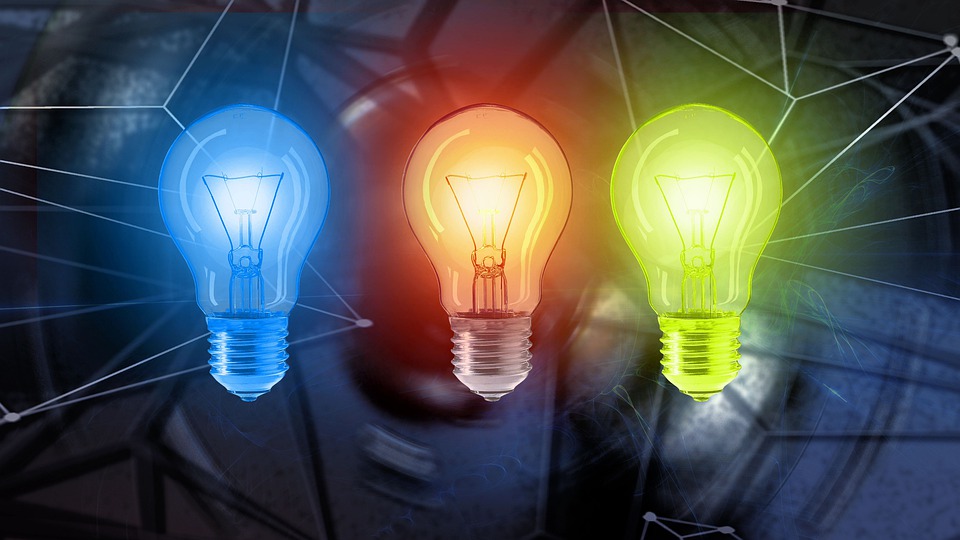Electrical interconnections in the Middle East are developing rapidly while the energy situation of the countries is very heterogeneous. The interconnection of the Gulf countries with the Middle East, in particular to secure supplies to Iraq, catalyzes projects in the region, as does the interconnection with Europe.
Iraq’s electricity supply is a major issue for the region
Iraq lacks gas to be self-sufficient in electricity and is highly dependent on imports of gas and electricity from Iran. However, recurring irritants disrupt this relationship, whether they are backlogs or interruptions in supply during simultaneous peaks in demand leading Iran to favor its domestic demand.
Iraq is thus seeking to relaunch several regional projects:
1) the interconnection project between Cizre in Turkey and the Mosul dam was finalized in July 2022 and theoretically allows the import of 500 MW.
2) Iraq signed an agreement in 2020 to interconnect with Jordan and allow Egypt to indirectly supply 150 MW from 2024.
3) the interconnection with the Gulf countries is being deployed. Supply by 2024 (500 MW then 1.8 GW) would come primarily from Saudi Arabia, via Kuwait.
In addition, Iraq has signed an agreement in principle with Saudi Arabia for a direct interconnection (1 GW, 435 km).
Egypt seeks to position itself as a regional electricity hub
Although Egypt has a surplus of electricity (20 GW) and is connected to the Libyan, Jordanian and Sudanese grids, less than 0.2% of its production is currently exported. Conversely, Egypt wishes to ensure its security of supply in a context of demographic pressure and the depletion of its gas fields.
Its strategy has three components:
1) interconnection with Europe: Egypt, Greece and Cyprus signed an agreement in October 2021 on the connection of their networks (3 GW)
2) the interconnection with Saudi Arabia whose energy peak has a different seasonality: the first phase (1.5 GW) should be completed by the end of 2024 and the second (3 GW) by the beginning of 2026
3) extension of transmission capacities to Sudan, Libya and Jordan
Jordan also aspires to become a regional electricity hub
Jordan is connected to:
– Egypt (marginal volumes)
– Syria (transmission inactive since 2011)
– Israel (one-off exchanges)
– Palestine: excess production capacity leads Jordan to seek outlets to contribute to the financial rebalancing of the National Electric Power Company NEPCO.
In addition to the interconnection project with Iraq, 3 projects are underway:
1) a tripartite memorandum of understanding (Israel, Jordan, UAE) signed in November 2021 provides for the export of 600 MW of Jordanian solar electricity, with an investment from the Emirati company Masdar, in exchange for supply by Israel of 200 M m3 of desalinated water
2) a connection to Saudi Arabia (500 MW then 1 GW) is planned by mid-2025
3) an interconnection project in Lebanon via Syria (250 MW) was launched in 2021 with World Bank financing but now seems to be at a standstill.
Finally, an interconnection is envisaged between Israel, Cyprus and Greece, which would allow Israel to export electricity to Europe with its gas
Source : Embassy of France in Lebanon








Réagissez à cet article